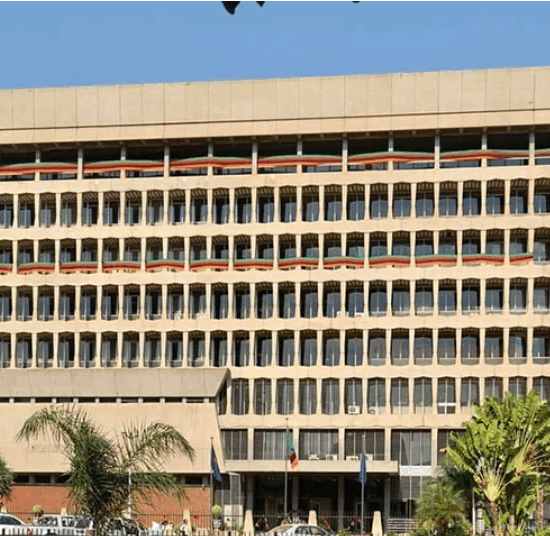The proposed Export Proceeds Tracking Framework by the Central Bank of Zambia – BoZ, has been met with mixed reactions from various stakeholders.
While some have praised the initiative as a step towards promoting transparency and accountability in the country’s export sector, others have raised concerns over its implementation with a possible negative impact on the economy if the directive is to fail.
Economist Yusuf Dodia has warned that the Export Proceeds Tracking Framework may face opposition from multi-national companies operating in Zambia. In a recent interview, Dodia expressed his concerns that some of these companies may resist the framework in order to protect their profits and avoid scrutiny.
Dodia noted that the Export Proceeds Tracking Framework requires exporters to repatriate their export proceeds back to Zambia within 90 days of shipment, in order to promote transparency and prevent capital flight adding that this may not sit well with multi-national companies who may prefer to keep their profits offshore.
Dodia emphasized the importance of the Export Proceeds Tracking Framework in promoting transparency and accountability in Zambia’s export sector. He called on the Central Bank to engage with all stakeholders and address their concerns in order to ensure the successful implementation of the framework.
Dodia explained that the successful implementation of the framework will see the local currency gain resilience in the second quarter of the year after the country realizes more forex income through the Export Proceeds Tracking Framework.
Speaking in an exclusive interview with the Zambian Business Times –ZBT-, Dodia said what is being seen now is a very strange phenomenon noting that the kwacha is very strong in the period of November and December. He said this is because all the country’s big investors such as the mining sector and large multinational companies bring in a lot of money during that period as they have to pay a lot of bills, year-end taxes, renewal of contracts, and renew insurance policies among others. “One expects that November to December is when the kwacha becomes stronger because there is abundance of foreign currency, but we did not see it last year.” said Dodia.
He said this may be because the government had earlier announced that it was to implement the Export Proceeds Tracking Framework which is a regulation demanding that all exporters bring their export earnings into Zambian banks.
“Since Zambia’s economy is heavily dominated by the large exporters comprising of the mining sector, cement producers, sugar producers, and other commercial farmers, it appears that because these large institutions, these large producers, these multinational companies were unhappy about the introduction of this new framework that they decided to hold back on bringing in money to the Zambian economy,” said Dodia. He said this may have contributed to the deterioration of the Kwacha right into January.
He said companies do not want to be monitored as closely as the government would like and do not want to show how much money they are making, but rather keep their money abroad. He however noted that for the interest of the nation, the framework tries to recapitalize the Zambian economy so that it can grow. “If this speculation holds any water, it means as a nation we are being held to ransom by the large multinational companies. They are holding us by the throat, they are forcing us to abandon this Export Proceedings Tracking Framework” said Dodia.
He likened this to the experience in 2013 when the statutory instrument number 15 of 2013 known as the Balance of Payments Monitoring System which had a similar effect was put in place and only implemented for three months before it was revoked by the minister of finance. He said it might be the same story playing out by large exporters trying to squeeze the government to withdraw the framework in order to continue taking advantage of an economy where monitoring and transparency are at a minimum.
Dodia said it is important that the government is steadfast and stays the course without losing focus. He said if the framework is strictly implemented, there will be positive change in the next few months. “But whether the government has the strength and the resilience to stay the course is the issue which might be difficult,” said Dodia.







